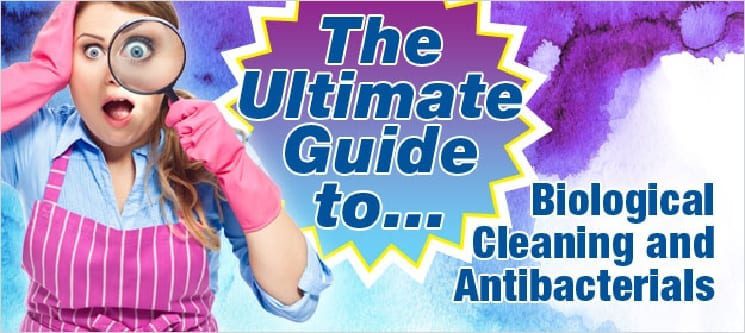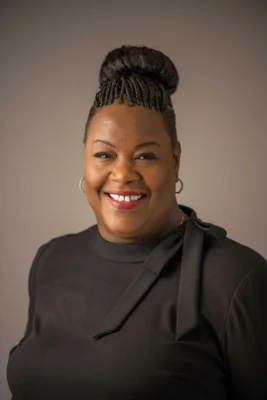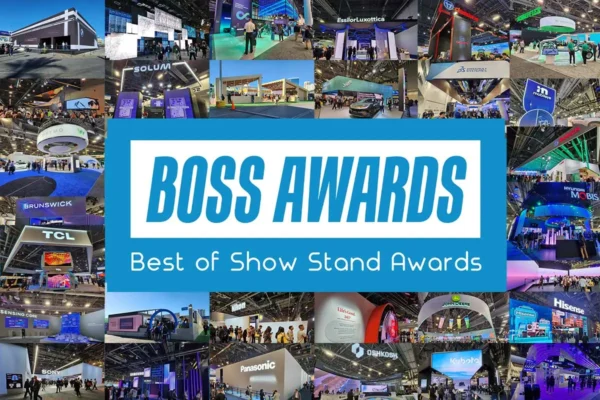According to a June 2020 report released in Bloomberg Law, “Businesses across the U.S. have begun intensive COVID-19 disinfection regimes [that may be] exposing workers and consumers to chemicals that are largely untested for human health.”*
The report says this is “alarming health and environmental safety experts” because disinfectants can be harmful to cleaning workers as well as building users. Health risks include neurological, dermatological, and reproductive problems as well as an array of respiratory ailments.
These businesses almost certainly believe they are doing the best thing for their personnel and customers. Indeed, many of the disinfectants now in use are part of the Environmental Protection Agency’s List N, a list of disinfectants approved by the EPA to kill the novel coronavirus.
Although they are effective against the pathogen, however, “this doesn’t mean they … are considered safe with regard to human health,” says Lesliam Quirós-Alcalá, an assistant professor at Johns Hopkins Bloomberg School of Public Health.
 Other experts agree. According to Steve Teasdale (pictured right), co-founder and vice president of Scientific Affairs at InnuScience, a global leader in commercial cleaning systems based on biotechnology, “systematic overuse of disinfectants is common [and] has grown worse due to the pandemic. What we need is ‘justified disinfection’ to address this problem.”
Other experts agree. According to Steve Teasdale (pictured right), co-founder and vice president of Scientific Affairs at InnuScience, a global leader in commercial cleaning systems based on biotechnology, “systematic overuse of disinfectants is common [and] has grown worse due to the pandemic. What we need is ‘justified disinfection’ to address this problem.”
Teasdale defines “justified disinfection” as the principle that effective cleaning using high-quality detergents across non-critical touch surfaces is as effective, if not more effective, than the widespread, systematic use or abusive use of disinfectants.
This is the basis of “RESTART program: Guide for FM cleaning/commercial offices reopening post lockdown,” a new white paper InnuScience has just published. The paper explains that critical surfaces include high-touch surfaces; noncritical areas include floors, ceilings, most walls and other surfaces rarely touched by building users.
Along with discussing justified disinfection, the paper explains what biotechnology cleaning solutions are, how they are used, and why interest in this green technology is growing worldwide.
“We understand businesses were caught off guard by the coronavirus and rushed to find ways to keep their facilities healthy,” says Teasdale. “But now is the time to step back and reevaluate our cleaning procedures, especially when it comes to the use of disinfectants.”
The “RESTART program: Guide for FM cleaning/commercial offices reopening post lockdown” is available for download here.
* Arianne Cohen, “Rush to Disinfect U.S. Offices Has Some Health Experts Worried,” Bloomberg Law, June 15, 2020, https://news.bloomberglaw.com/coronavirus/rush-to-disinfect-u-s-offices-has-some-health-experts-worried.
InnuScience has established itself as a key leader in biotechnology-based cleaning products. Backed by 27 years of research, InnuScience is at the forefront of shaping eco-friendly cleaning. With an established reputation for effective products and excellent service, InnuScience prides itself on high performance products that are environmentally responsible, reduce health and safety risks, and are competitively priced. For more info, visit www.innuscience.com































